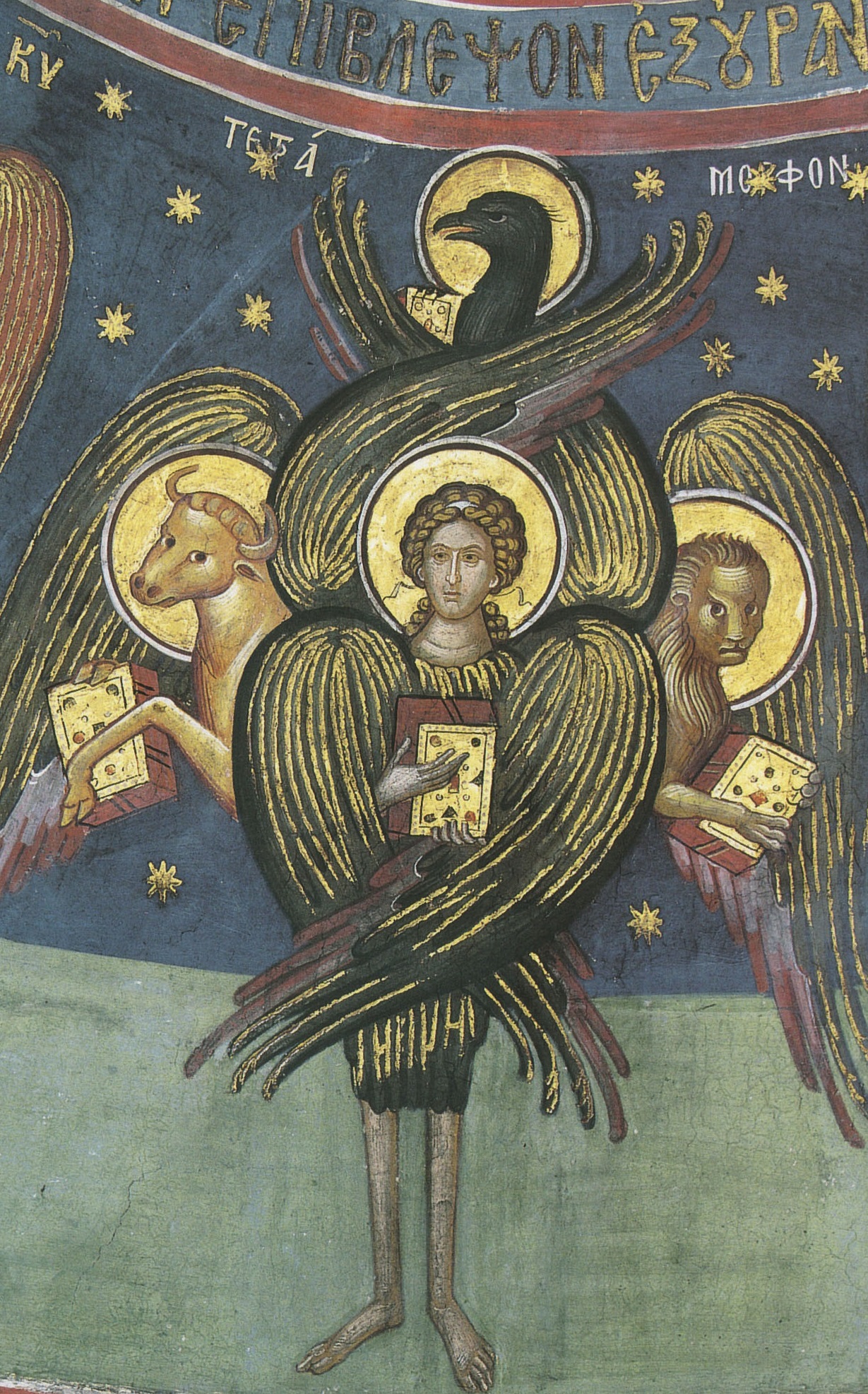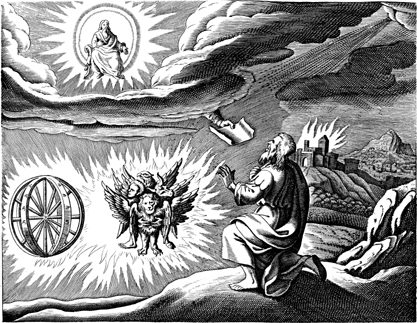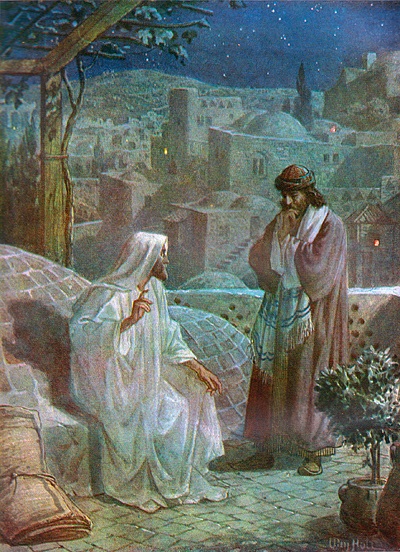We just learned about the Gospel Harmony.
Another part of early Christianity was the Peshitta.
During the time when people were trying to put together the Bible so they could tell others about Christianity, some people worked to write it down in other languages so people in different countries could read it.
A lot of the Bible was written in Hebrew and Greek, so some people worked to translate it into the Syriac language.
The word peshitta means "simple" or "easy to understand", and it was a book put together so people could tell others in many eastern countries about Jesus.
With this Syriac version of the Bible, people were able to spread Christianity across other countries like Armenia, Georgia, and even China.
The famous Nestorian tablet from China was written from the translation in the Peshitta.

(from: wikipedia - peshitta)
Kid Facts - Blast from the past: Thaddeus


















